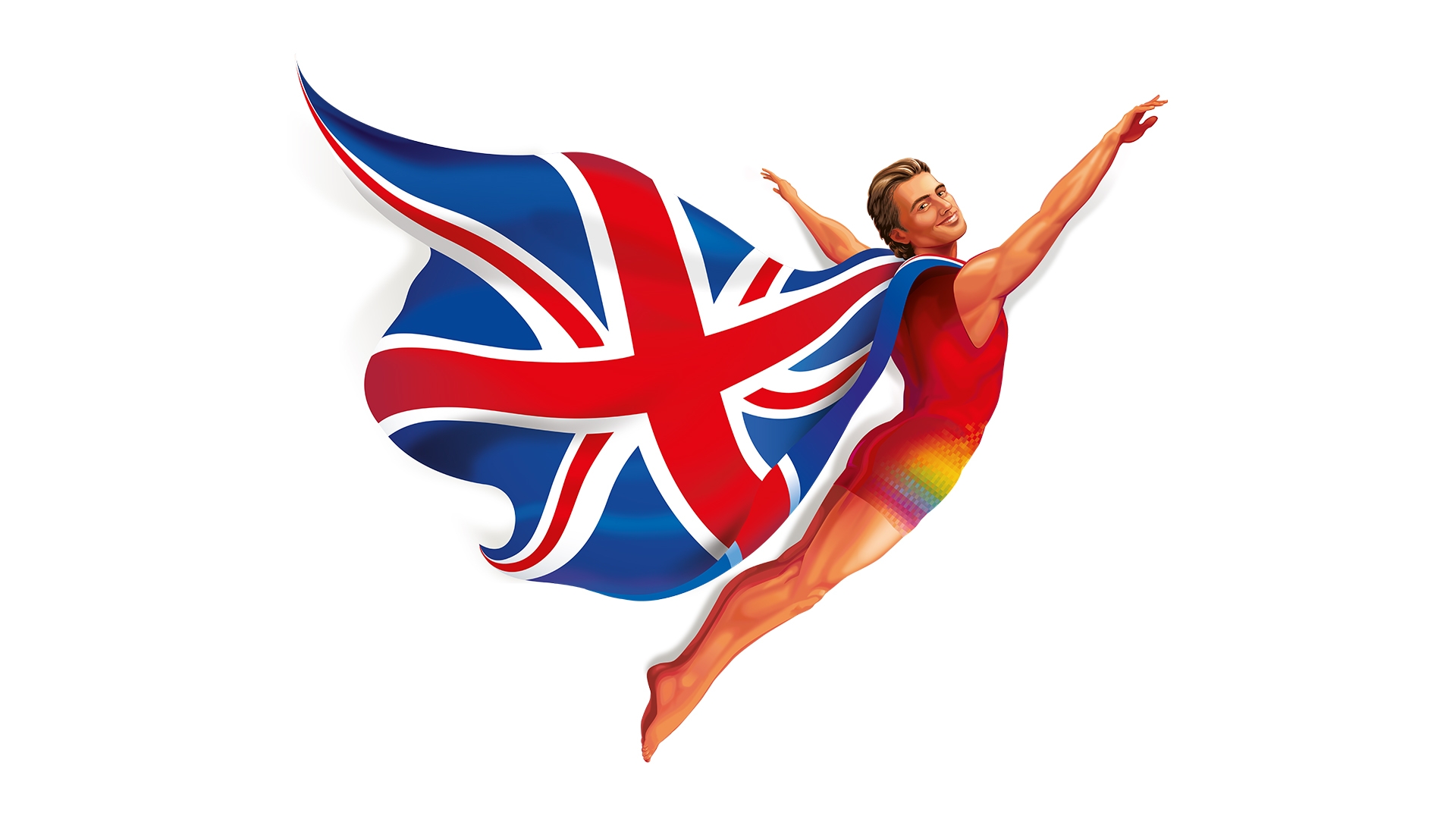Maurice Bowra, the flamboyant warden of Wadham College from 1938 to 1970, once argued against the legalisation of homosexuality on the grounds that it would take all the fun out of it. Without the risk of being picked up by the police, cruising up and down the Cowley Road at one in the morning would become rather tedious. He referred to the secret club of powerful homosexuals in the British establishment as the ‘homintern’ and prided himself on being a high-ranking officer. He liked the fact that there was something exotic and clandestine about his sexuality and dreaded the risk of embourgeoisement if the law was changed.
Easy for Bowra to say, of course, protected as he was by wealth and privilege. And he may not have really meant it. But you can’t help wondering what he would have made of Pride, the month-long celebration of LGBT identities that now takes place every summer. Talk about gentrification! Every element of the festival is plastered with a corporate logo, so desperate are multinationals to convey how on board they are with the ‘equality, diversity and inclusion’ agenda. Procter & Gamble is celebrating its 25th anniversary of ‘LGBT+ inclusion’, while Virgin Atlantic got the jump on its less-woke competitors by announcing earlier this year that it would be replacing the second world war pin-up girl that has adorned its planes for 35 years with a more diverse group of figures, including a gay man wearing a one-piece red bathing suit.
But the rainbow-coloured biscuit must go to Budweiser UK. The lager manufacturer has decided to produce a range of plastic beer cups with Pride’s nine official ‘flags’ on them, each representing a different section of the LGBT community. There’s ‘Genderfluid Pride’, for instance, a combination of pink, blue, white, purple and black, and ‘Asexual Pride’, where black is for ‘asexuals who don’t feel sexual attraction to anyone’ and white represents ‘non-asexual allies’.
As a marketing exercise, Budweiser’s ‘Fly the Flag’ campaign cannot be aimed at those people who happen to fall into these categories because there simply aren’t enough of them. In the US, the Williams Institute estimates that about 0.66 per cent of the population is transgender, but that is a voluminous number compared with some of the more niche groups represented by the Budweiser cups. For instance, the black stripe on the yellow, white, purple and black cup symbolising ‘Non-Binary Pride’ is intended to represent ‘those who feel they are without gender entirely’. Another flag labelled ‘Intersex Pride’ is aimed at people ‘whose biological sex can’t be classified as clearly male or female’. About one person in 2,000 fall into that particular medical category.
So is the target audience beer drinkers whom Budweiser thinks will approve of the support it’s showing to these groups? I doubt the company has done any research to establish how large that demographic is. Rather, it’s a mandatory exercise in virtue signalling, something every large company now feels it has to do to demonstrate its alignment with progressive orthodoxy. But why? To attract woke applicants from good universities? Because someone in the corporate and social responsibility department has suggested it and no one dares contradict them for fear of being labelled homophobic, transphobic or bi-phobic? Because the fiftysomething CEO wants to be able to tell his blue-haired 16-year-old daughter that he’s doing his bit to fight bigotry and oppression? Or is he planning to give a set of the rainbow cups to his wife so she can show them off to her friends at the local country club?
Probably all of the above, but there’s also a strong hint of religious observance in it, with all members of the Brahmin class, and those aspiring to join, feeling obliged to express the same progressive pieties. Which brings me back to Maurice Bowra. Over the past 100 years, the attitude of polite society towards homosexuality and other expressions of sexual and gender non-conformity has shifted 180 degrees. Being LGBT is now the height of respectability, while being a white ‘cishet’ male is morally suspect. These days, a man is more likely to get into trouble for making a pass at a girl than a boy, particularly if he works for a woke corporation like Budweiser. It’s easy to become a bit Bufton Tufton about this, but perhaps men like me should take a leaf out of Bowra’s book. It’s time to start thinking of ourselves as a glamorous, underground minority who can only reveal our sexual preferences in private. Welcome to the ‘heterotern’.







Comments